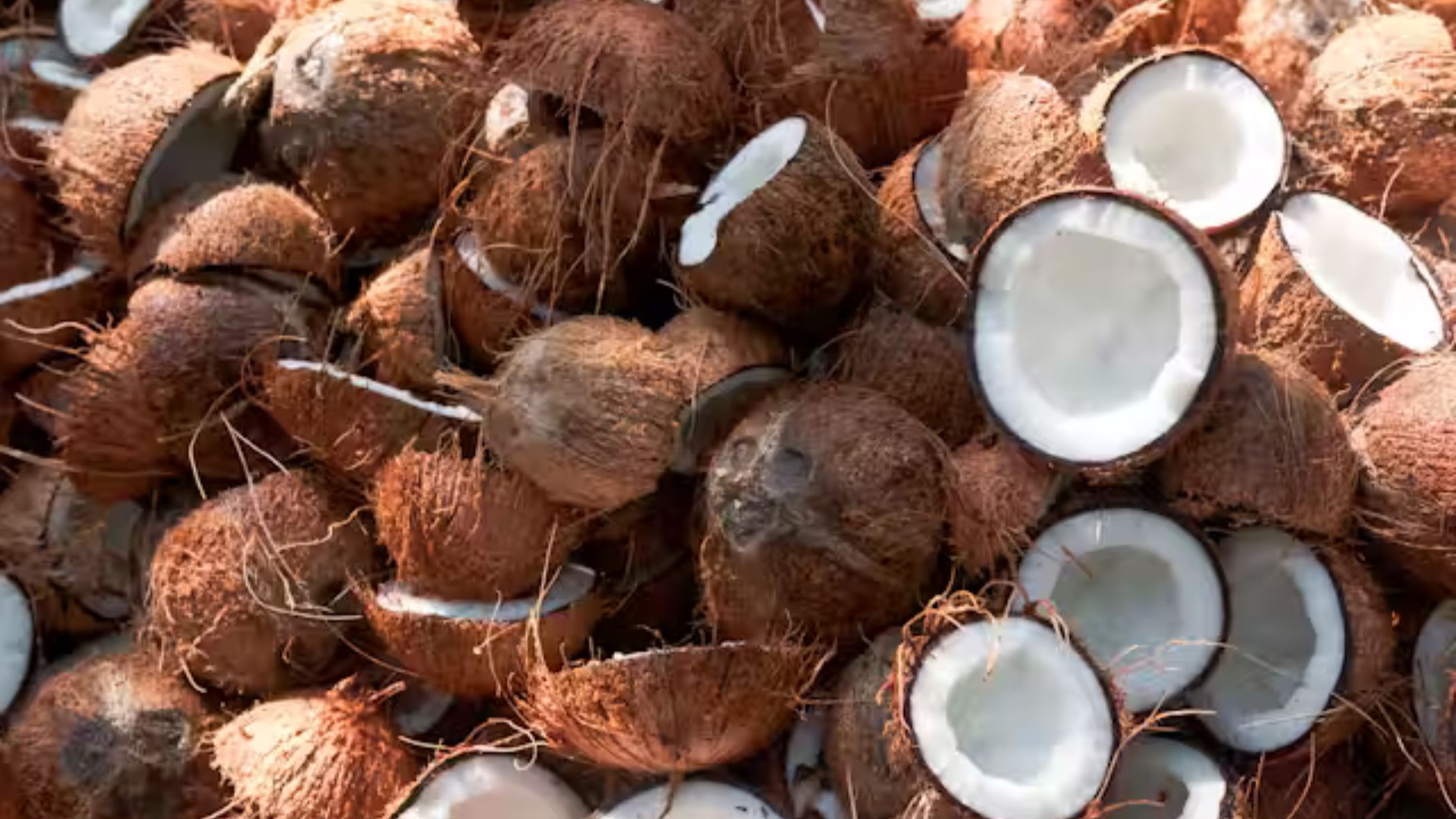Coconuts, while beloved for their versatility and nutritional benefits, are generally prohibited on planes, especially in carry-on luggage. This restriction arises from a combination of security, agricultural, cleanliness, and logistical concerns. Understanding these reasons helps clarify why such seemingly harmless items are subject to stringent regulations in air travel.
Security Concerns
Airline security is a top priority, and coconuts pose several potential threats. Firstly, a whole coconut can be used as a blunt object, which could potentially be employed as a weapon within the cabin. More critically, coconuts can be hollowed out to conceal prohibited items such as drugs or other contraband. The dense structure of a coconut complicates security screening, making it difficult for scanners to effectively detect concealed items. This dual threat of being both a potential weapon and a smuggling tool leads to their prohibition in carry-on luggage.
Agricultural Restrictions
Agricultural security is another significant concern. Coconuts can harbor pests or diseases that, if introduced to a new environment, could devastate local ecosystems and agriculture. Many countries enforce strict regulations to prevent the introduction of foreign pests and diseases, and coconuts, given their natural state, fall under this scrutiny. Ensuring that no harmful organisms are transported inadvertently is a critical aspect of protecting biodiversity and agricultural health in destination countries.
Cleanliness and Spillage
Coconuts contain liquid, which presents a risk of spillage. The Transportation Security Administration (TSA) and other aviation authorities have strict rules about carrying liquids in containers larger than 3.4 ounces (100 milliliters) in carry-on luggage. If a coconut were to break open during a flight, it could create a substantial mess, potentially causing an unpleasant smell and necessitating a complex cleanup process. Maintaining cabin cleanliness and preventing potential hazards from liquid spillage are key reasons behind the restriction.
Space and Weight Considerations
The bulky and irregular shape of coconuts makes them impractical for storage in overhead bins or under seats. In the cargo hold, their shape can hinder efficient packing. While not excessively heavy on their own, the combined weight of multiple coconuts could affect the aircraft’s overall weight balance. Airlines strive to maximize space and manage weight distribution effectively, and bulky items like coconuts disrupt these efforts.
The prohibition of coconuts on planes, especially in carry-on luggage, is driven by multifaceted concerns. Security risks, agricultural safety, cleanliness, and logistical challenges all contribute to this restriction. While it may seem excessive at first glance, these measures ensure the safety, cleanliness, and efficiency of air travel, benefiting both passengers and the broader global community.







